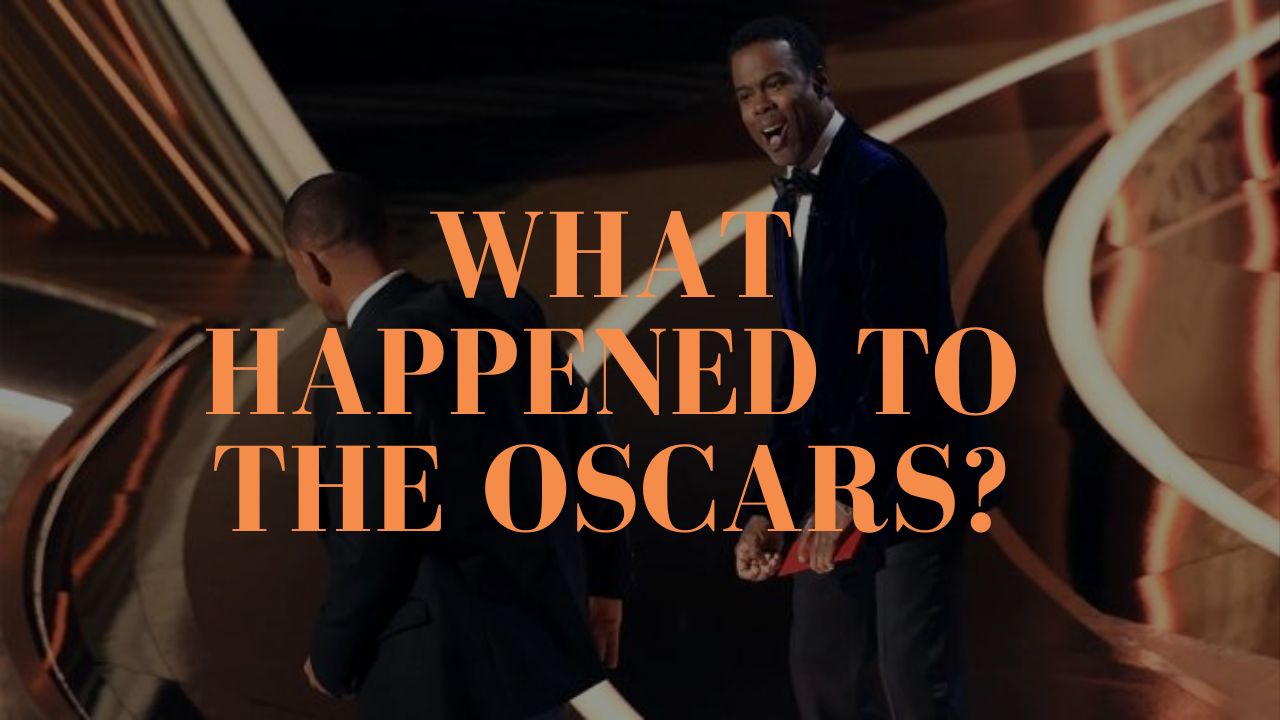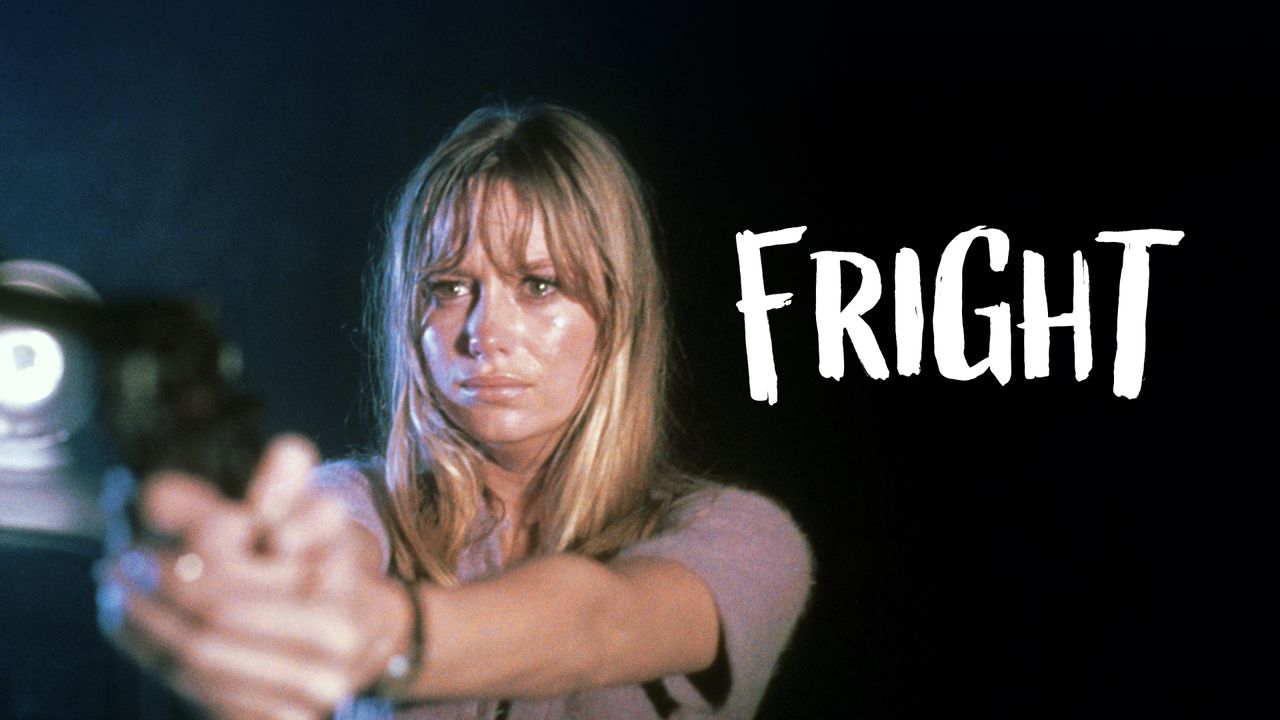The Academy Awards started in 1929 and were first televised in 1953. For almost 70 years, the more popularly called Oscars have been the most prestigious of all awards shows. The Emmys, Grammys, and Tonys are modeled after Hollywood’s biggest night. So why has everyone tuned out? What happened? No, I’m not talking about the slap. Long before Will Smith slapped the taste out of Chris Rock’s mouth, the Oscars had spiraled downward to an abyss of pointlessness. But why? Why has the once-lauded show become so trivial?
I wish the answer were as simple as the hosts have been boring or the run time is too daunting. But the answer goes far deeper than superficial run times and silly monologues. I’ve spent an inordinate amount of time digging into this and came up with four primary reasons.

1. Where have all the stars gone???
In 1953 when the Oscars started being shown on T.V., movie stars ruled Hollywood. It’s hard to pinpoint when the transition happened, but the age of the movie star is dead. Sure, people still want to see Will Smith, Denzel Washington, and Leonardo DiCaprio be real-life humans, but the star power doesn’t carry the same weight. Instead, Hollywood is ruled by intellectual property. Marvel, DC, Star Wars, The Furious Family, and many more own the box office, but these IPs have barely sniffed the awards.
The show peaked in the mid-’90s and has fallen sharply in the last decade. 1998’s show was the highest-rated show of all time. This is an outlier because one of the most-watched films ever won best picture. Titanic engrossed the world and swept up the awards too. But maybe that’s the point. Everyone loved Leo and Kate. We wanted to see if Titanic won. We were all rooting for Kate to win the best actress award. There have only been a few times since 1977 that the Best Picture Winner was also in the top 5 domestic or worldwide box office.
But any way you slice it, the stars typically brought the views. That same 1998 show saw Jack Nicholson win the best actor award. Through the peak of the Oscars, almost every best actor or best actress winner was a well-known box office star. The Best Actor winners from 1990 to 1999 included: Tom Hanks, Al Pacino, Daniel Day-Lewis, Anthony Hopkins, Jack Nicholson, Nic Cage, and the now-reviled Kevin Spacey. These were household names. You might say, Will Smith, Leo, Daniel Day-Lewis, and Anthony Hopkins won this decade. Alas, this proves my point. No one cares about the movie star anymore. If Robert Downey Jr. had been nominated for End Game, I guarantee the ratings would have been through the roof.

2. Watched Movies = Watched Oscars
As I mentioned above, the most-watched Oscars coincided with one of the most-watched films. But it wasn’t just about Titanic. According to Box Office Mojo, at the time of the nominations announcement, the combined gross of the five Best Picture nominees was $579 million, with an average of $116 million per film. Titanic was the highest earner among the Best Picture nominees, with $338.7 million in domestic box office receipts. The film was followed by As Good as It Gets ($92.6 million), Good Will Hunting ($68.9 million), L.A. Confidential ($39.7 million), and finally, The Full Monty ($38.7 million). Compare that to 2020. The ten nominees combined for a domestic box office of $190.3 million. I know it’s not entirely apples to apples, but that number is striking, especially when you realize Dune grossed $100 million alone.
I want artistic merit to matter. I want the best films and the best crews to win these awards, but what that means is ratings will never be what they once were. People aren’t watching Moonlight or Parasite in droves. Films like Silence of the Lambs or Schindler’s List had way bigger box office numbers than those two films combined. The habits of audiences have changed.

3. Controversy Killed The Awards Show
This will be a highly controversial point, and I’ll do my best to be as fair and nuanced as possible. The Academy has been under extreme scrutiny for years regarding its lack of inclusion. Most of this isn’t undue. There are several instances when minorities have been undermined, and the voters have been more than tone-deaf. Taking steps to improve diversity and inclusion isn’t the issue. The more severe issue is bold hypocrisy.
A blatant example of this is the Me Too movement. While hundreds of women finally spoke up, prominent stars defended, encouraged, awarded, and worked with sexual predators like Woody Allen and Roman Polanski. There’s also that issue of voters saying one thing and then voting differently. Snubbing minorities and women is a real issue, but the same people calling for change refused to actually cast their votes in a way that would push this change. These hypocrisies have undoubtedly turned viewers away.
Then there’s the dirty word… Politics. The country is more divided and polarized than it has been for a long time. There was a stretch between 2016-2021 that produced a lot of heartfelt but extremely one-sided speeches. This pushed a large portion of previous viewers away from the awards. I wholeheartedly support winners saying whatever they want during their acceptance speeches because it’s a rare opportunity for most. Cinematographers, designers, editors, and other crew members don’t get the same limelight as the directors and actors get. But there are consequences for this, and that’s having a large portion of the audience tune out.
The Academy has responded to a new poll from Yougov.com that showed 54% of those saying they were interested in watching this year’s Oscars didn’t want to hear about politics. An insider stated, “We’re not interested in distractions or partisan debate; we’re interested in Tom Cruise.” But does any of this really matter? The country’s population that won’t watch won’t be swayed no matter what.
4. It Was Never Really Broken
Since the 1998 peak, the award show’s viewership has bounced as low as 33 million in 2003 but always rebounded. Throughout the 2000s, viewership was steady. It’s only been since 2018 that we’ve seen a dramatic drop. The drop in viewers stems only slightly from the pandemic and over-the-top changes to the show. Television ratings have been trending downward for years, and that will not change anytime soon, but the Academy can help itself by nominating movies that make money. Nominating Avatar and Top Gun this year will dramatically improve viewership. The only wholesale change I would make would be how the show is viewed. ABC owns the programming rights and has refused to stream them. Lending streaming giants like Netflix, Amazon, and Apple rights to the broadcast would surely help. Using the platforms they own, Hulu and Disney+, seems like a no-brainer too. Even the all-time low of 10 million viewers in 2021 wasn’t terrible. We were coming off a dismal year of film because of Covid-19.
The absolute truth is not many people are watching T.V. the same way they were a decade ago. As a result, most broadcast network numbers are down significantly. The only saving grace for any of these stations has been live sports, and even that has experienced huge setbacks. Disney is trying to sell ESPN, but they are holding on tight to an awards show that has been sinking in ratings for years.
Why? Because most networks would love to have 10 million eyeballs on a random Sunday night in March.







